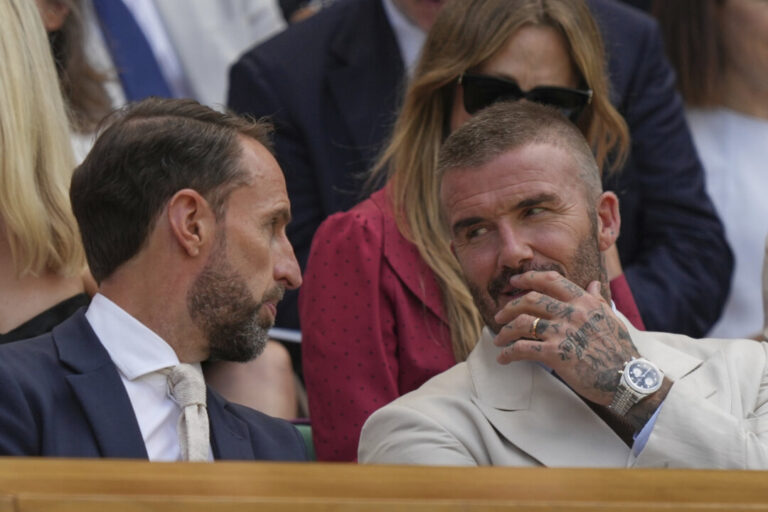Turkish police have detained four cartoonists following the publication of a controversial cartoon that authorities claim depicts the Prophet Mohammed and Moses. The cartoon, which appeared in a political satire magazine, has sparked widespread protests in Istanbul. Demonstrators took to the city’s main tourist street, chanting “Allah is Great” and demanding the implementation of sharia law.
The cartoon, which quickly went viral on social media, portrays figures resembling a Muslim and a Jewish man with wings and halos, shaking hands as bombs fall below. The Turkish government swiftly condemned the magazine, with Interior Minister Ali Yerlikaya labeling the cartoon a provocation. Yerlikaya asserted that such content is not protected under freedom of expression or speech.
Government Response and Legal Action
Fahrettin Altun, the head of communications for the Turkish Presidency, described the cartoon as a “vile attack on our beliefs and values.” In response, the country’s Justice Ministry has launched an investigation under Article 216 of the Turkish Penal Code, which addresses the crime of “publicly insulting religious values.”
The weekly satire magazine, LeMan, known for its irreverent comics akin to those of French Charlie Hebdo, issued a statement clarifying their intentions. “This cartoon is not a caricature of the Prophet Mohammed (pbuh),” the magazine stated. “In the work, the name Mohammed is fictionalized as belonging to a Muslim person killed in Israel’s bombardments. There are more than 200 million people named Mohammed in the Islamic world. The work does not refer to the Prophet Mohammed in any way.”
“By highlighting a murdered Muslim, the aim was to highlight the righteousness of the oppressed Muslim people, with no intention whatsoever of belittling religious values. We reject the stigma imposed on us, as there is no depiction of our Prophet,” LeMan emphasized.
Public Reaction and Ongoing Tensions
As tensions escalated, the Interior Ministry released videos showing the cartoonists being detained in their homes, barefoot and handcuffed by police. Captions on the videos declared, “You will not escape from our security forces or from justice.” Meanwhile, protesters were seen attacking the magazine’s offices in central Istanbul, with one demonstrator shouting, “For our Prophet, we would give our lives and take lives; no one can insult our Prophet.”
In a bid to maintain public order, Istanbul’s governor Davut Gul announced that all four individuals wanted in connection with the cartoon were in police custody. However, Gul did not specify if any demonstrators had been detained, stating, “It has been determined that some individuals mingling among the protesters have engaged in provocative actions. It is of great importance that the protesting groups disperse to prevent harm to our citizens and to maintain public order.”
Historical Context and Expert Opinions
This incident is reminiscent of past controversies surrounding depictions of the Prophet Mohammed, such as the 2005 Jyllands-Posten cartoons in Denmark and the 2015 Charlie Hebdo attack in France. These events have historically ignited debates over the balance between freedom of expression and respect for religious beliefs.
Experts suggest that the Turkish government’s response reflects broader tensions within the country regarding secularism and religious conservatism. Dr. Ayse Kadioglu, a political analyst specializing in Turkish affairs, noted, “Turkey is at a crossroads where secular and religious values often clash. This incident highlights the ongoing struggle to find a harmonious balance.”
“The move represents a significant test for Turkey’s commitment to both freedom of expression and the protection of religious sentiments,” Dr. Kadioglu added.
Future Implications and Developments
As the situation unfolds, calls for further protests against the magazine have emerged, with some groups planning additional demonstrations. The Turkish government’s handling of this incident could have lasting implications for the country’s legal and cultural landscape, particularly concerning media freedom and religious sensitivity.
This is a developing story, and updates will follow as more information becomes available.

























